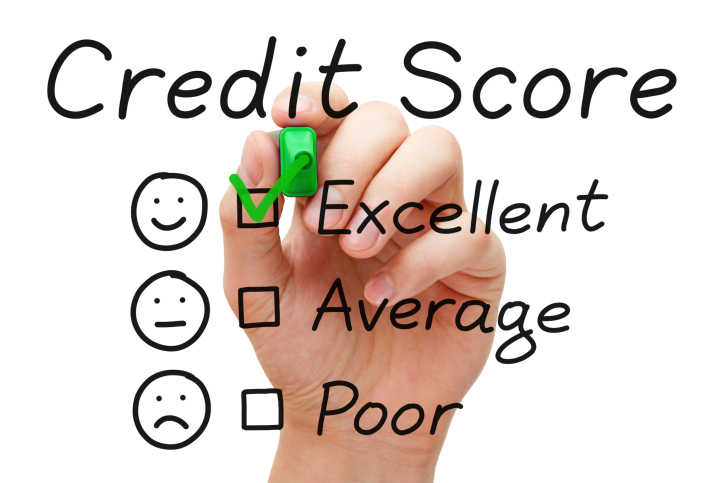Does Shopping Around for A Mortgage Pre-Approval Hurt Your Credit Rating?
 Smart homebuyers know that mortgage rates and terms can vary widely among lenders. While your credit score and history will influence what rates and terms you’re offered, there’s a wide range of flexibility, which means shopping around for a pre-approval makes sense. At the same time, it’s important to minimize credit inquiries to protect your credit rating.
Smart homebuyers know that mortgage rates and terms can vary widely among lenders. While your credit score and history will influence what rates and terms you’re offered, there’s a wide range of flexibility, which means shopping around for a pre-approval makes sense. At the same time, it’s important to minimize credit inquiries to protect your credit rating.
What is Mortgage Pre-Approval?
Mortgage pre-approval is often mistaken for mortgage pre-qualification. Pre-qualification is a process whereby the borrower personally submits their financial information to the lender. Pre-approval is the process whereby the lender does their own vetting regarding the income, debt and credit of a potential borrower. Pre-approvals will involve a hard “hit” to the credit score, due to the inquiry.
Pre-Qualification Doesn’t Guarantee Pre-Approval
Note that just because you are pre-qualified for a certain amount, that doesn’t guarantee pre-approval. So it’s important to go ahead and get the official pre-approval before shopping for a home. This will make you a more attractive homebuyer to sellers.
Mortgage Hard Inquiries Make Credit Scores Dip
When lenders do a true pre-approval inquiry, it will make the credit score dip temporarily. This is an automatic process that happens because it looks like the person is looking to get more credit, which they are. Small drops from hard inquiries are temporary and will bounce back up in a short period of time.
Mortgage Inquiries Don’t Count
However, mortgage inquiries now don’t count on a credit rating, anymore. Lenders know that borrowers will be shopping around for the best rates and terms. As long as the inquiries take place in a short period of time, the inquiries will count only as one single hard inquiry, rather than multiple hard inquiries. In the event that multiple hard inquiries are noted on a credit report, as long as they are all from the same type of lender—a mortgage lender—it won’t count against the borrower.
The bottom line is that it’s wise to get multiple quotes when shopping for a mortgage. It’s more important to have a long-standing history of paying bills on time and managing credit well, than it is to worry about mortgage “hard inquiries.” Your real estate agent will help you to navigate getting multiple quotes in a short time span. Contact your agent to learn more.

 There are many people who are interested in purchasing a home for the first time. Even though many first-time homeowners are interested in the sticker price of a home, it is just as important to consider credit scores. Anyone who requires financing to purchase a home will have to go through a credit check. What credit score is considered high enough for a home loan? What do people have to do if they want to increase their credit scores?
There are many people who are interested in purchasing a home for the first time. Even though many first-time homeowners are interested in the sticker price of a home, it is just as important to consider credit scores. Anyone who requires financing to purchase a home will have to go through a credit check. What credit score is considered high enough for a home loan? What do people have to do if they want to increase their credit scores?